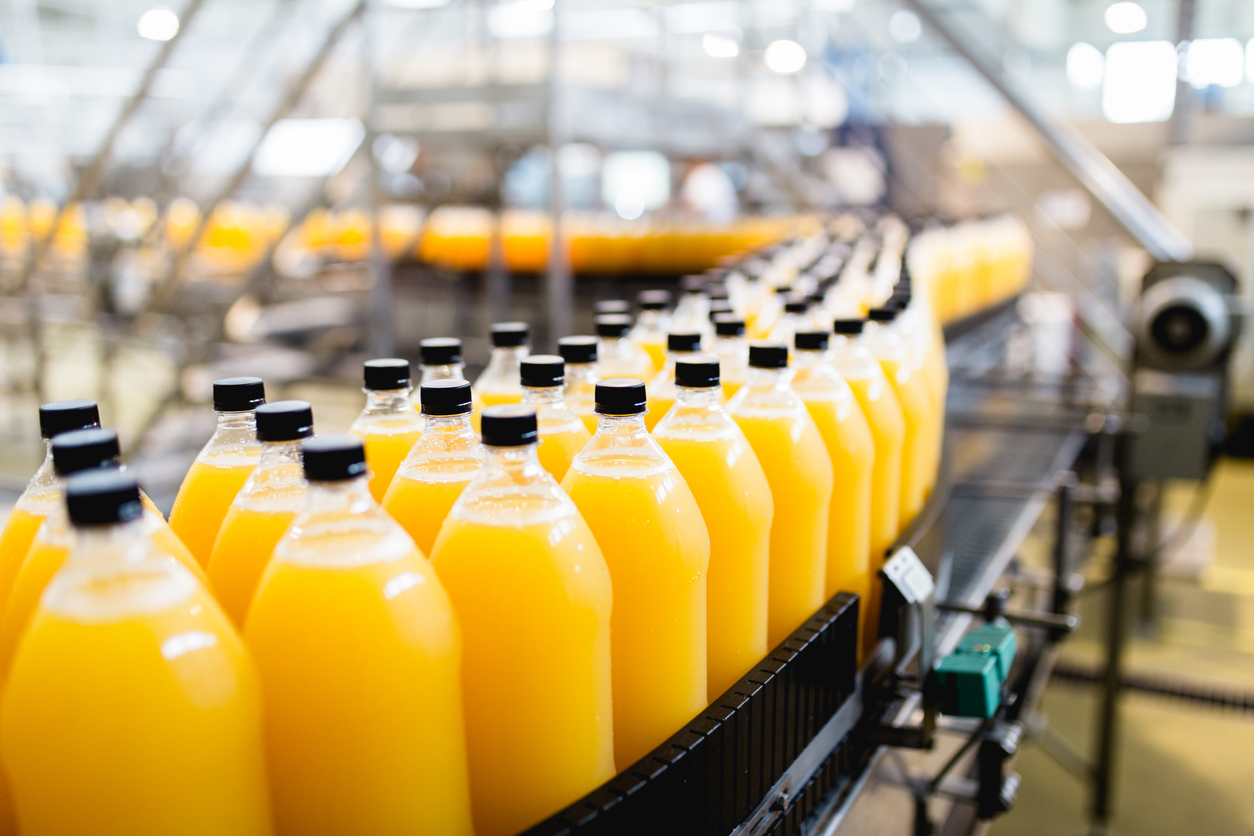Finally, How to Import Kenyan Fruit Juice – A new Strategy for your Business
Finally, How to Import Kenyan Fruit Juice – A new Strategy for your Business
When it comes to juicing fruit, there are quite a few methods to go about it. Many juicers prefer using a juicer that can juice at a higher speed. This can help to extract as much juice from the fruit as possible.
Other juicers prefer using a slower method so that the fruit doesn’t get bruised or damaged. This is especially the case if you’re juicing soft fruit such as berries.
Naturally, if you’re going to be juicing Kenyan fruit juice, you’ll need to import a lot of it. This is because the local produce is simply not of the right quality. As such, it’s difficult to get any Kenyan fruit juice business off the ground in the long term. Before you can begin importing Kenyan fruit juice, you’re going to need to know a few things first.
What is Kenyan Fruit Juice?
One of the most popular beverages in East Africa, Kenyan fruit juice is a naturally sweet and healthy drink made from fresh fruit. It’s often made by blending or mashing fresh fruit to extract the juice before adding a sweetener.
It’s sold as a ready-to-drink beverage or made into a simple syrup. The fruit juice market in Kenya is worth about $200 million.
It’s also often used in smoothies and other blended drinks. The beverage is also often exported to other countries. In fact, Kenya is one of the largest exporters of fruit juices in the world.
Why import Kenyan fruit juice?
Typically, the best quality Kenyan fruit juice comes from the country’s highlands. Similar to its neighbouring countries, Kenya also has a vast variety of fruit growing in its forests. However, the climate in the capital, Nairobi, is not ideal for crops such as grapes or oranges.
Sadly, the vast majority of Kenyan fruit juice is not of the quality you’d expect from a leading producer. This is why most Kenyan fruit juice companies import the juice from neighbouring countries in Africa like Uganda, Rwanda, or South Africa. The fruit is often sourced from farms in these countries and then shipped to Kenya for processing.
Find a reliable supplier
The best way to get started in importing Kenyan fruit juice is to work with a reliable supplier. You can find reliable suppliers by asking around at a local farmers’ market or online. What you’re looking for is a supplier that ships to your target market.
Once you’ve found a supplier, it’s important to track their shipments. You can do this by visiting the supplier’s website and seeing where their product is shipped from. It’s also important to confirm the supplier’s identity. This is because some companies masquerade as legitimate fruit juice business.
Get to know your supplier
Once you’ve found a supplier, it’s important to get to know them better. This is because some suppliers may be operating as a scam. It’s in your best interest to build a relationship with your supplier. This will help you to easily detect any problems when they arise.
Furthermore, you want to build a relationship with your supplier. This will help you to easily detect any problems when they arise. If you do this, you can easily get your product back from the supplier if they go offline.
Conclusion
The juice market in Kenya is worth about $200 million. The best way to get started in importing Kenyan fruit juice is to work with a reliable supplier. You can find reliable suppliers by asking around at a local farmers’ market or online. What you’re looking for is a supplier that ships to your target market. Once you’ve found a supplier, it’s important to track their shipments. You can do this by visiting the supplier’s website and seeing where their product is shipped from. It’s also important to confirm the supplier’s identity. This is because some companies masquerade as legitimate fruit juice business. The juice market in Kenya is worth about $200 million. The best way to get started in importing Kenyan fruit juice is to work with a reliable supplier. You can find reliable suppliers by asking around at a local farmers’ market or online. What you’re looking for is a supplier that ships to your target market. Once you’ve found a supplier, it’s important to track their shipments. You can do this by visiting the supplier’s website and seeing where their product is shipped from. It’s also important to confirm the supplier’s identity. This is because some companies masquerade as legitimate fruit juice business. The juice market in Kenya is worth about $200 million. The best way to get started in importing Kenyan fruit juice is to work with a reliable supplier. You can find reliable suppliers by asking around at a local farmers’ market or online. What you’re looking for is a supplier that ships to your target market. Once you’ve found a supplier, it’s important to track their shipments. You can do this by visiting the supplier’s website and seeing where their product is shipped from. It’s also important to confirm the supplier’s identity. This is because some companies masquerade as legitimate fruit juice business.








LEAVE A COMMENT
You must be logged in to post a comment.